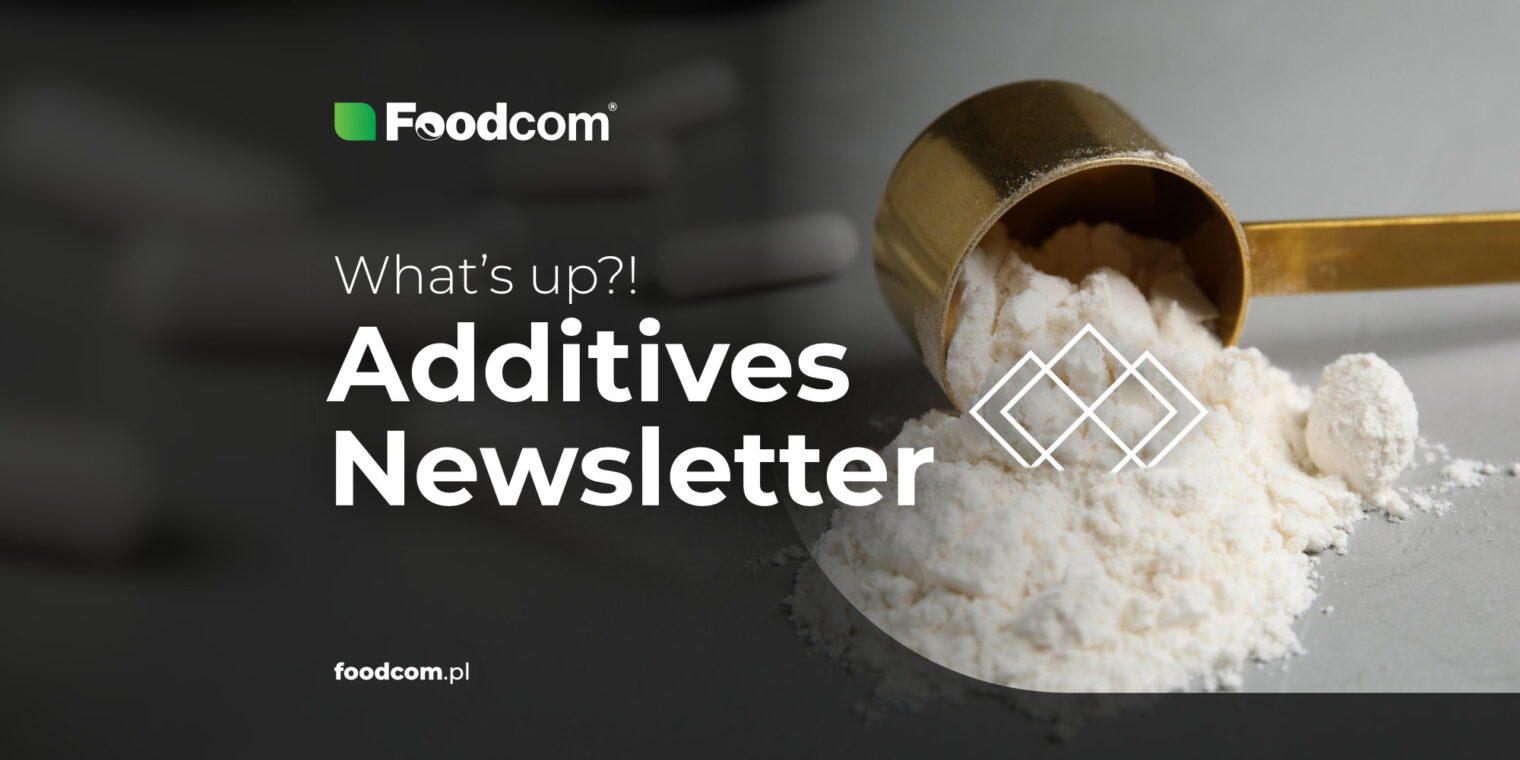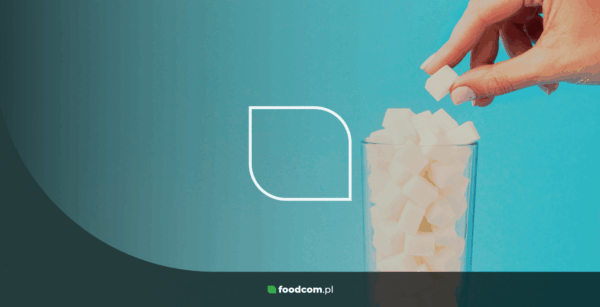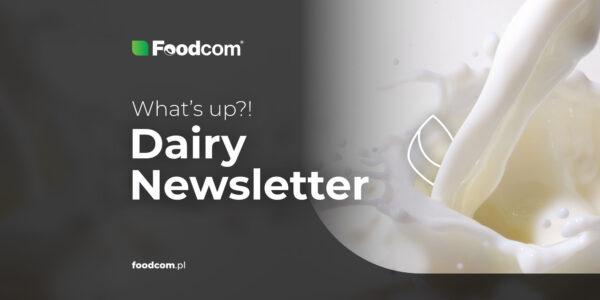The current situation means that the additives market state is changing dynamically. Part of the changes in the volume of demand and supply is caused by the fluctuations in the volume of production, which are typical for this time of year, and are related, among other things, to the increased demand for medicines and food supplements in autumn and winter.
The effects of extreme weather conditions have been felt in Japan, among other places, where a dangerous typhoon has affected both the lives of individuals as well as the operations of major companies. The unusually hot and dry summer, on the other hand, significantly hampered the transport of goods in Germany, where river water levels were extremely low for many weeks.
But, the most important question is still unanswered: Can Europe keep the lights on? Following current events, one cannot help thinking that skilled market participants should always be prepared for new challenges. Not surprisingly, soaring gas prices and economically crippling shortages over the winter would pose a threat not only to individuals, but also to many industries. And as the longer the turmoil in the market continues, and the higher the costs, the more many will buckle under the pressure of constant increases. The situation is forcing market participants to recalibrate. This includes keeping up with the latest news, which would definitely help with strategy management.
With us, you’ll never miss a thing!
Methionine
Recently, spot prices for Methionine have slightly fallen despite concerns about production costs. Current prices reported by market experts vary. The eyes of buyers and sellers of the commodity are on China, where work has begun on Adisseo’s new liquid Methionine plant, which is expected to have a total production capacity of up to 350,000 tons/year.
Threonine
Recently, the price of Threonine in the market has decreased significantly. The market remained weak and stable. Manufacturers, retailers and buyers are keeping a close eye on future forecasts, which are uncertain at the moment.
Lysine HCL
Activity in the Asian Lysine market has increased, reflecting an increase in supply prices from a major producer last week. At the same time, demand is rather lower compared to the same period last year. An important element affecting both prices and demand is the ongoing market uncertainty related to European energy costs, the rising exchange rate, and China’s 'dynamic zero- COVID’ policy.
Vitamin C
Currently, the Vitamin C price in the European market is relatively stable and lower than in China. As every year, we expect the price to increase in the fall and winter, which is related to the increased production of medicines and supplements during this period. At the moment, there are no problems with supply chains. Commodity prices are expected to peak in November and December. Therefore, this could be the last call to purchase the product at low prices. It will probably not get cheaper in the near future!
Citric Acid
The prices of Citric Acid are temporarily falling, which can be seen especially in the Chinese market. But do not be fooled: The future remains unpredictable, and as we know from the events of recent years, major challenges often come as a surprise, forcing a quick response. Any sensible market participant knows that it is better to be prepared for anything. Therefore, this might be the best time to contract the product for 2023.
Xanthan Gum
The availability of the Xanthan Gum is still limited due to the hygienic restraint of the resource. The reason for these difficulties is the increased content of ethyl oxide, which classifies it as a technical raw material. Such challenges currently make any opportunity to acquire the product an irresistible offer!
Guar gum
There are no availability issues in the Guar Gum market. Traders interested in buying the commodity can choose from offers of Chinese or Indian origin. The availability of the product from different sources promotes dynamic market development.
Potassium Chloride
The availability of Potassium Chloride on the market is currently limited due to raw material shortages. The largest European producer, K+S, is decimating its supplies, even to contract customers, which automatically leads to major shortages on the European market.



![Nadpodaż nie odpuszcza, mleczarstwo pod silną presją cenową [290 Edycja Foodcom DAIRY Newsletter] Nadpodaż nie odpuszcza, mleczarstwo pod silną presją cenową [290 Edycja Foodcom DAIRY Newsletter]](https://foodcom.pl/wp-content/uploads/2024/05/Foodcom_SA_Dairy_Newsletter_1-600x300.jpg)




